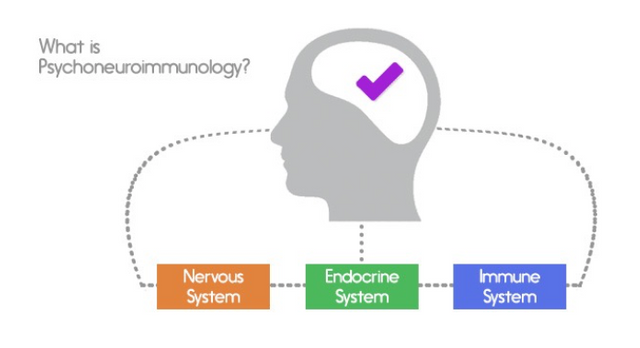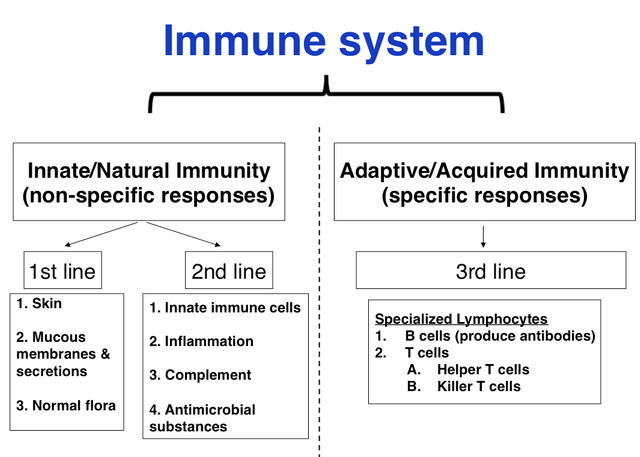
Understanding the link between stressors and our immune system in this age has shown more importance as it can give the key to a better management of disease. Stresses can be physical, or psychological, sometimes depending on how one perceives it. So in short, yes, stress CAN make you sick, but it's not the same for everyone. Each individual has their own stress-coping abilities. Genes also play a role on how effective our immune system is in combating infection. Nevertheless, stress is one thing that we constantly have to endure on a regular basis, so let's get to it.
There are a few definitions to 'stress', but for this topic we will use this one: Stress is a state of mental or emotional strain or tension resulting from adverse or demanding circumstances (Oxford). These circumstances can be called as 'stressors', and they are classified under five categories under the stress taxonomy (Elliot & Eisdorfer, 1982), varying between the course of the stress, and the duration :
Acute time-limited stressors
Stressors that last only a few minutes at most (Public speaking, fight-or-flight response, etc)
Brief naturalistic stressors
Stressors that involve challenges in real-life, but are often short-term (Preparing for examinations, confronting real-life problems, etc)
Stressful event sequences
Major events in life giving rise to a series of life challenges. Usually subsides over time (Loss of a loved one, natural disaster)
Chronic stress
Stressors that have an uncertain duration, or an uncertainty of whether it will end (Physical disability, war refugee)
Distant Stressors
Long-lasting traumatic experience from the past that affects cognitive and emotional state (Sexual assault, witness of a traumatic event)
Now that we have an idea of what kinds of stress that can affect a person, let's move on to the immunology aspect. The body's immune system operates two different components: Specific Immunity, and non-specific immunity. Specific immunity is acquired after being exposed to the disease. These are mediated by B-lymphocytes (Humoral) and T-lymphocytes (Cellular). Non-specific immunity consists of the body's first and second lines of defence. Below shows a simple illustration on how the different immune systems are categorized.

In 2004 a meta-analysis was carried out on 293 studies on stress and immune function using the stress taxonomy (Psychol Bull 2004, 130(4): 601-630). Findings showed that short, acute bursts of stress actually increase the production of killer cells, while at he same time did not affect B-cell and T-cell production. However when subjected to increased time periods, stress eventually causes these immune cells to be produced less. Bereavement for example, showed decreased effectiveness in killer cell cytotoxicity. The long term effects of chronic stress on the other hand causes a 'global immunosuppression', involving most of the aspects of immune response. Distant stressors however, did not show significant changes on cell cytotoxicity, and this may be due to the lack of study involved.
So in truth, there is no definite way to explain just exactly how stress influences the cell activity in our immune system. Of course, stress also affects other systems in our body that can cause illness. But one can only know for sure, that after being stressed for long periods of time, it does significant changes to our body function. On a personal note, to first identify the type of stress one faces is a useful first step in managing its effects.
Congratulations @kennethlegada! You have completed the following achievement on the Steem blockchain and have been rewarded with new badge(s) :
Click here to view your Board of Honor
If you no longer want to receive notifications, reply to this comment with the word
STOPTo support your work, I also upvoted your post!
Downvoting a post can decrease pending rewards and make it less visible. Common reasons:
Submit